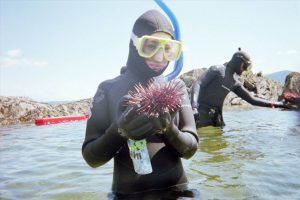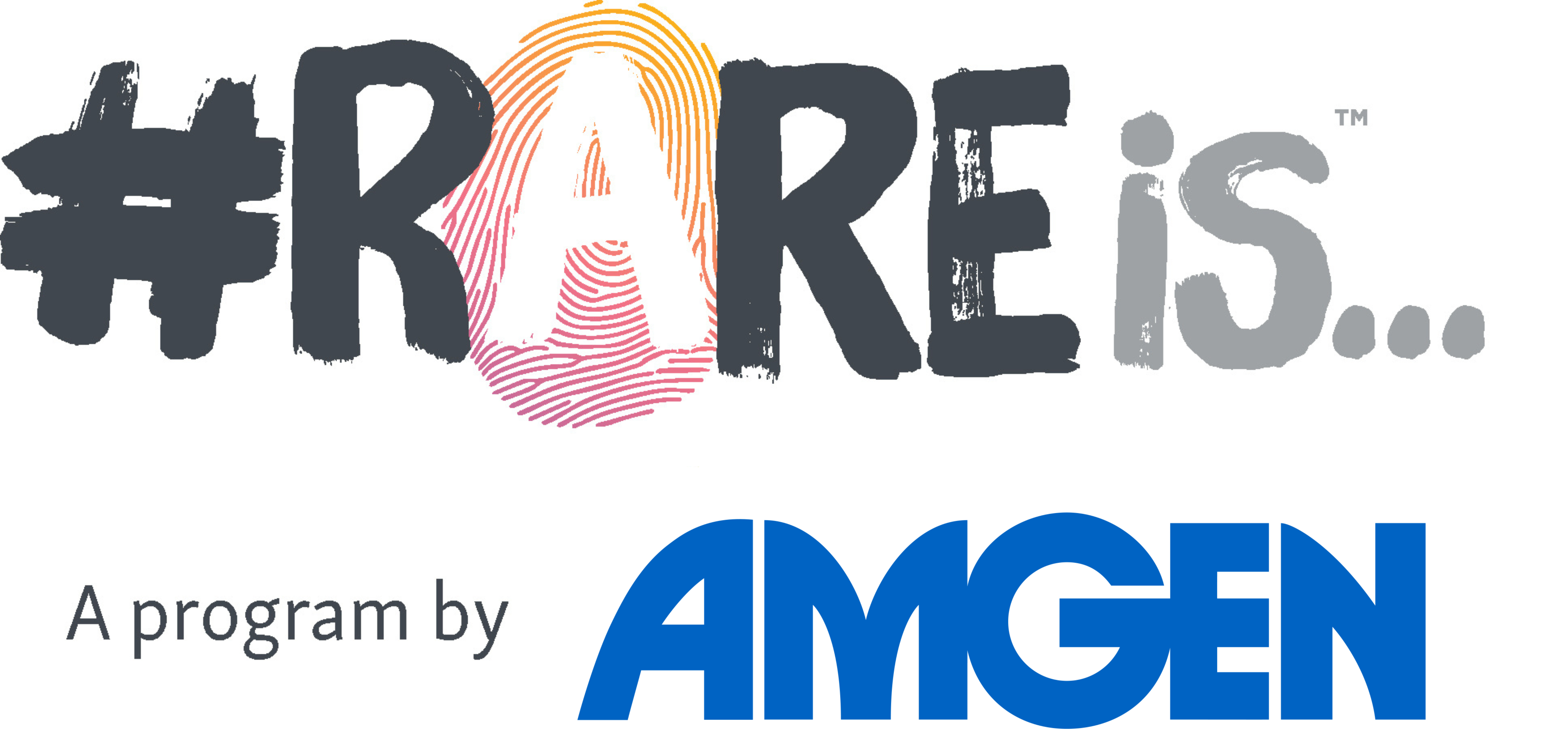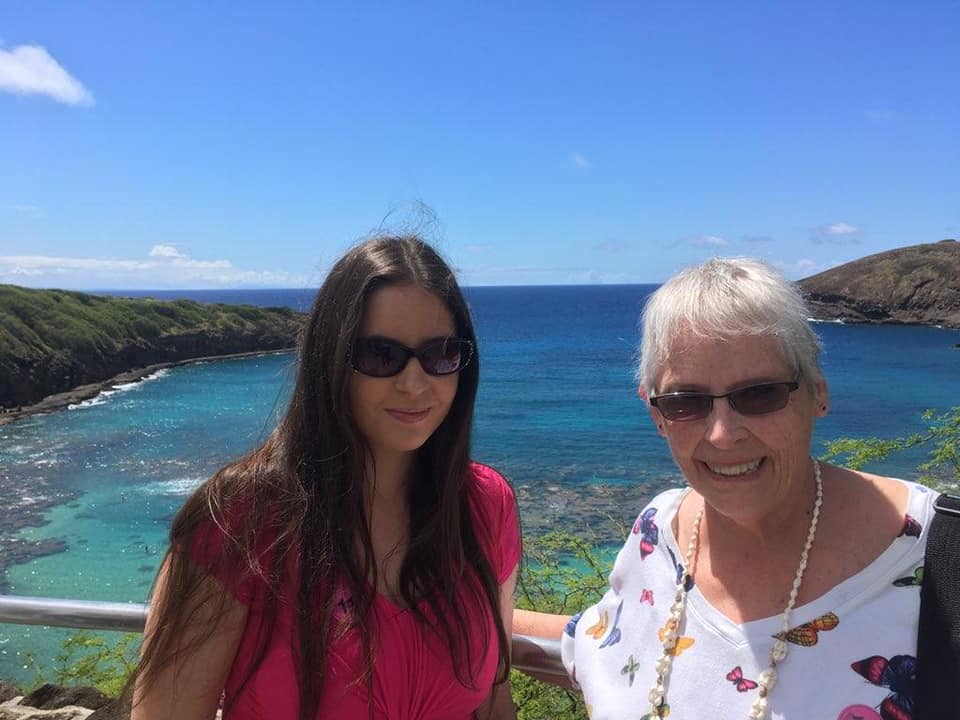Traveling with a Rare Disease
Traveling with a rare disease can be a tricky deal at times. Our health can change in a moment’s notice and that’s not ideal anytime, but especially not when we’re away from home and our medical team. My mother and I have the same rare diseases. We have Familial Adenomatous Polyposis (F.A.P.). F.A.P is a hereditary colon cancer syndrome with risk of other cancers and issues. It’s common for those with F.A.P. to develop a rare disease called Short Bowel Syndrome (SBS). Due to removal of the colon from F.A.P., nutrients are not properly absorbed and severe diarrhea is common. This can greatly affect quality of life due to physical limitations of health and activity.
While traveling around the United States and abroad, restroom access has always been the primary concern for my mother and I. Growing up, we both had ileostomies, which required restroom access when our pouches required emptying as well as an accessible area for changing our ostomy appliances especially during a leak. We both require an abundance of medication as well. These are all concerns for accessibility and for packing more than adequate amounts of supplies for the duration of our trips. After my ostomy reversal, restroom access became even more important as ingestion of food or liquid and physical activity increases my SBS symptoms which further limits activity. Although I can take anti-diarrhea medication to reduce my SBS, it can also cause intestinal blockages.

Tips for Traveling During COVID-19
As someone who knows how challenging travel can be with a rare disease, here are some extra considerations and precautions that I recommend taking during this particular time with COVID-19:
- Not only is a hospital visit or admission away from home concerning but there is greater risk of contracting COVID-19 with such exposure now at hospitals. Medical costs are also a concern when faced with possible out-of-network providers in an emergency where you’re not familiar.
- Although doctor offices are starting to re-open beyond virtual visits, access may be limited particularly if you’re not an already established patient. Some hospitals and doctor offices are placing restrictions on visitors and caregivers, who can greatly help us understand information and provide emotional support. Urgent care centers are an option but are potentially not equipped to handle the severity of symptoms a rare disease can cause. Be sure to check in with your medical team before you travel to determine the best plan of action for you.
- Obtaining medications while traveling can be difficult, so it’s important to plan to have enough supply to last your trip. Work with your medical team to ensure you’re well prepared.
- Restroom access is limited as not all businesses and public facilities have reopened. If you need to access a restroom, be sure to plan ahead on finding locations that are open.
- If you have to enter into a public place or building with other people, make sure you wear a mask and are mindful of how close you are to others.

If you’re wanting to get away from the usual at home, consider exploring your own state. This can help support your local economy while allowing you to learn your state’s hidden treasures and remain fairly close to home in case of emergency. Check out your state’s tourism website for ideas. But if you do plan on traveling beyond your local area, always make sure you are best prepared to manage your condition so you can stay healthy while away from home and beyond.
About Jenny Jones
Jenny shares her life with rare diseases and chronic illness on Life’s a Polyp Blog and YouTube channel while raising funds for NORD’s Familial Adenomatous Polyposis Research Fund through Life’s a Polyp Shop. Jenny has a Master’s degree in Social Work and has worked in the medical field for over a decade helping to meet the needs of others with chronic illness.

